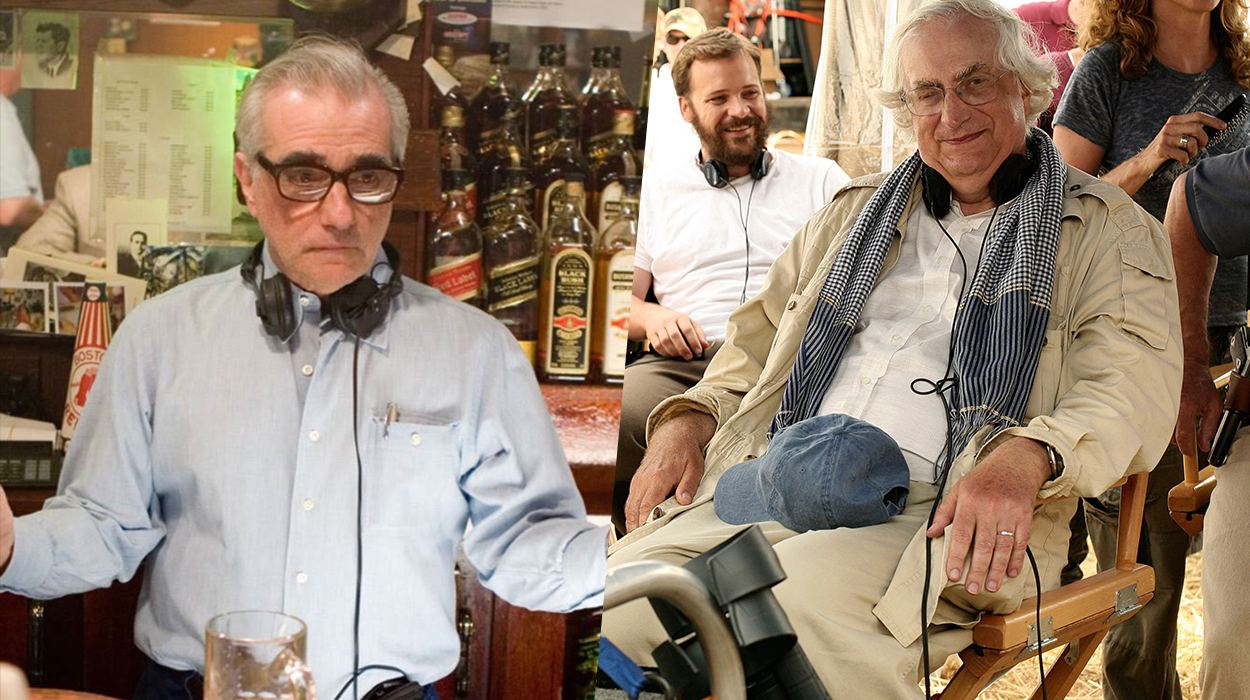The prolific French filmmaker Bertrand Tavernier passed away earlier this week. The director was heralded as the leader of the generation after the French New Wave, with a prolific career that spanned nearly 50 years.
READ MORE: Watch: Martin Scorsese’s Cameo In Bertrand Tavernier’s ‘Round Midnight’
Martin Scorsese paid tribute to Tavernier in a lovely Instagram post, praising the filmmaker’s deep knowledge and love of cinema after the two met in the ’70s. “I quickly understood that Bertrand knew the history of cinema inside and out,” Scorsese wrote. “And, he was passionate about absolutely all of it—passionate about what he loved and what he hated, passionate about bringing both new discoveries and forgotten figures to light (Bertrand was the one who led the way in the critical re-discovery of Michael Powell), and then passionate about the films he himself made.”
“He had such a distinctive voice as a filmmaker, unlike anyone else’s. I particularly loved his 1984 film ‘A Sunday in the Country,’ which was so carefully designed that it felt like it had emerged right out of the world of impressionism,” Scorsese continued. “I loved all his historical pictures, like ‘Let Joy Reign Supreme‘ and ‘Capitaine Conan,’ and his adaptations of Simenon (‘The Clockmaker,’ his first film) and Jim Thompson (‘Coup de Torchon,’ adapted from ‘Pop. 1280’).”
Scorsese is not only a great filmmaker, but he’s also not a bad actor, doing cameos in several films, including Tavernier’s own “Round Midnight.” As he tells it, “I have fond memories of acting in the picture in a small role as Dexter Gordon’s agent. Bertrand knew every corner of French cinema intimately, and I think we’re all lucky that he had the chance to complete his epic documentary voyage through its history, a thing of great beauty. He knew American cinema just as intimately, and he and Jean-Pierre Coursodon co-wrote and frequently updated an exhaustive dictionary of American film directors that really should be translated into English.”
“One thing about Bertrand, known to all of his friends and loved ones: he was so passionate that he could exhaust you. He would sit for hours and hours, arguing for or against a film or a filmmaker or musician or a book or a political position, and at a certain point you would wonder: where on earth does all that energy come from? It’s hard to believe that I’ll never have another chance to be on the receiving end of it all. Or to have another visit with such an extraordinary, irreplaceable man.”





